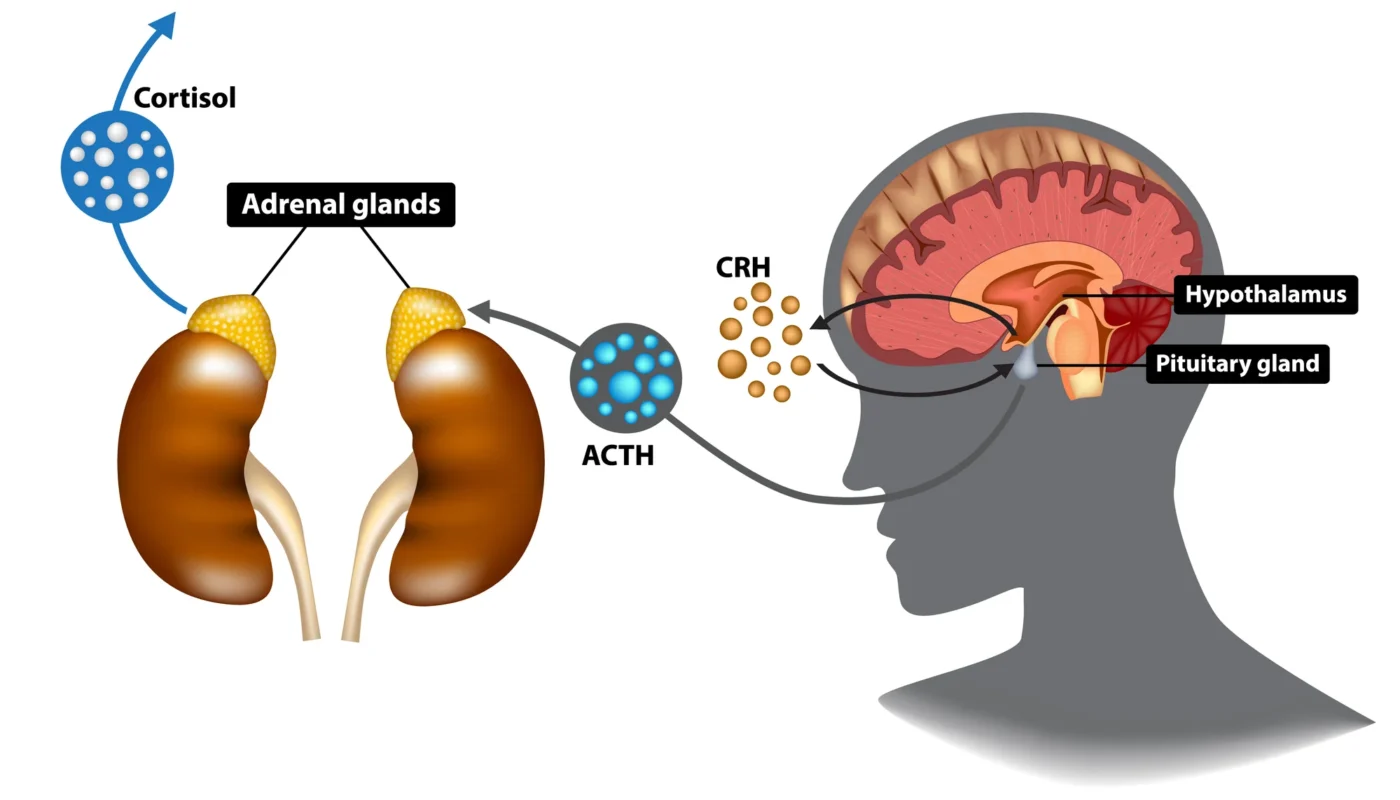Jet lag, a common condition experienced by travelers after crossing multiple time zones, is influenced more by the hypothalamus than the actual act of flying. The internal body clock, located in the suprachiasmatic nucleus (SCN) of the hypothalamus, takes several days to adjust to the new time zone, leading to sleep deprivation and discomfort.
While the exact cause of jet lag remains unknown, researchers from Kyoto University and Kansai University have shed light on the role of pituitary vasopressin signaling in the neuroendocrine circuits of the hypothalamus. Their findings, published in the Proceedings of the National Academy of Sciences, suggest that this signaling may play a crucial role in the SCN’s pacemaker function.
Jet travel across time zones introduced a unique human experience, bringing attention to the role of the extra-SCN neuroendocrine-anterior pituitary system in generating rhythms. According to Hitoshi Okamura, a Research Fellow at Kyoto University’s Graduate School of Medicine, the advent of intercontinental jet travel in the 1950s highlighted the importance of this system.
Previous studies have shown that lesions in the SCN can disrupt circadian rhythms in the body, while isolated SCNs can generate robust circadian rhythms. This suggests that only the neuronal circuits in the SCN can help adjust the body’s internal clock to the new light-dark cycles associated with jet lag.
Earlier research demonstrated that inhibiting vasopressin receptors V1a and V1b on a global scale can eliminate jet lag. Okamura’s team is now focused on identifying specific sites within these receptor systems that play a critical role. Their current findings indicate that vasopressin and its receptor V1b in the hypothalamic-anterior pituitary systems help maintain the original time during jet lag.
Currently, there are no effective medications for treating jet lag as existing drugs primarily target the SCN. However, the recent revelation that the hypothalamus-pituitary systems coordinate a synchronized response to the disrupted circadian rhythm has sparked hope for the development of more effective treatments.
According to Yoshiaki Yamaguchi from Kansai University’s Faculty of Chemistry, Materials, and Bioengineering, inhibiting vasopressin on multiple targets, including V1a in the SCN and V1b in the pituitary, could significantly alleviate jet lag symptoms. This suggests that addressing different parts of the neuroendocrine systems collectively could have a positive impact on the cellular clockwork in the SCN.
Understanding how our biological clocks maintain time, even during rapid changes in light, is a crucial step in unraveling the mysteries of jet lag, explains Okamura. The research conducted by Okamura’s team and their counterparts at Kansai University provides valuable insights into the role of pituitary vasopressin signaling in the realignment of the biological clock for recovery from jet lag. These findings pave the way for the development of novel treatments that target multiple components of the neuroendocrine systems, offering hope for a more effective approach to managing jet lag.
*Note:
1. Source: Coherent Market Insights, Public sources, Desk research
2. We have leveraged AI tools to mine information and compile it




